No, this is the fast I desire:
To unlock fetters of wickedness,
And untie the cords of the yoke
To let the oppressed go free;
To break off every yoke.
It is to share your bread with the hungry,
And to take the wretched poor into your home;
When you see the naked,, to clothe him,
And not to ignore your own kin.Isaiah 58:6-7
The more I read the biblical narrative, the more convinced I become that caring for the poor, in works of feeding and works of justice, is foundational to our identity as God’s people. We can worship, read our bibles, sing our songs, pray before meals, and even tithe to the church but if we are not caring for the poor we are not understanding the call of God’s kingdom.
This is difficult teaching. (have I said this enough during this series!) I would rather fast from food, give money, and go to church. Caring for the neediest among us is messy work, difficult work, transformative work. The work of justice is even more difficult for it requires “speaking truth to power” and also requires that we change, for many of our own practices contribute to injustice in the world.
In the last year I have been continually convicted about this aspect of the Gospel message. I have been convicted about its importance, and the need to preach and teach about it. This has come at a price, some have pushed back and tried to convince me that this is not primary in the gospel, that I should just focused on the “spiritual” aspects of our faith.
I continue reading the narrative and it continues to speak to me about this essential aspect of our faith. I wonder why the fear, why the denial of justice and care for the poor as essential/primal to our call?
My promise to those that disagree with me is that I will continue reading the biblical narrative and will continue to be open to its invitation. I pray that all of us does the same . . .
